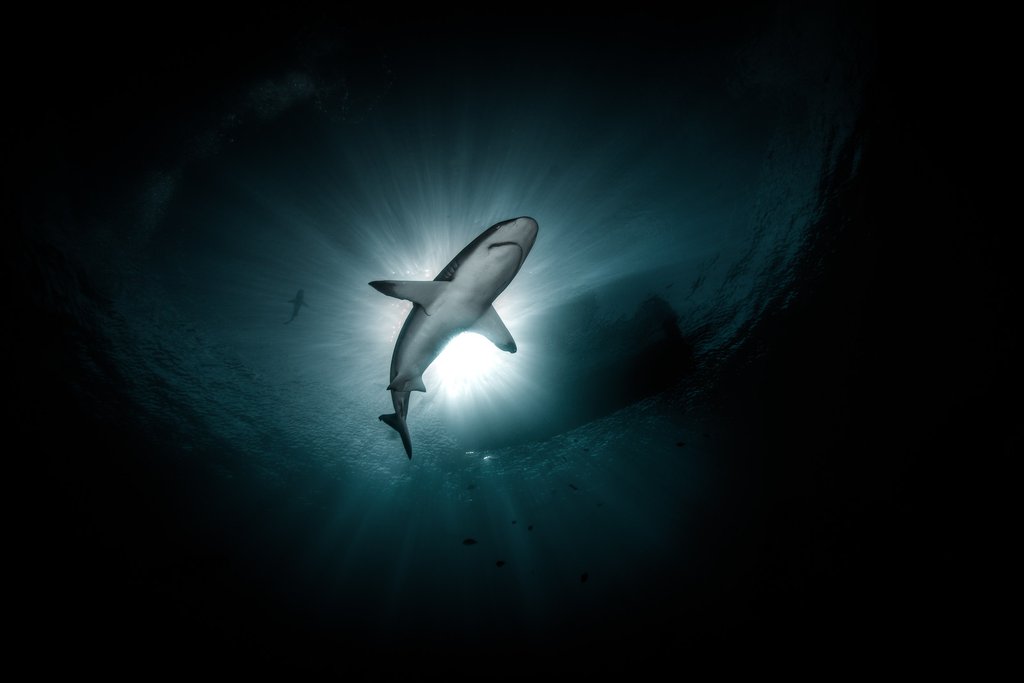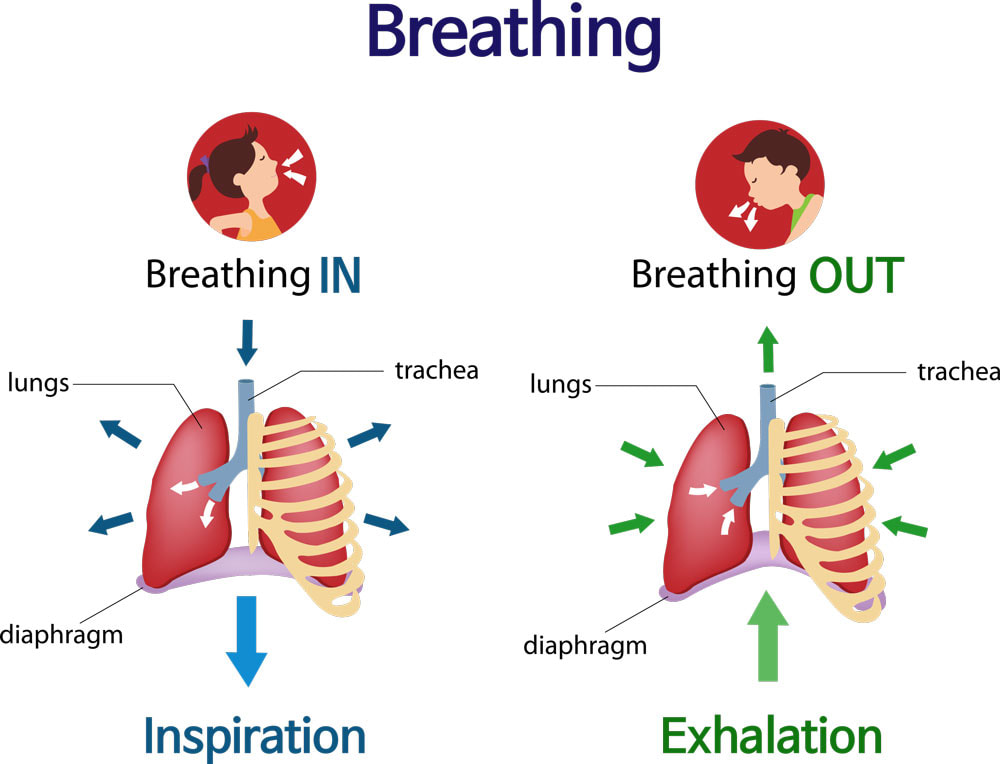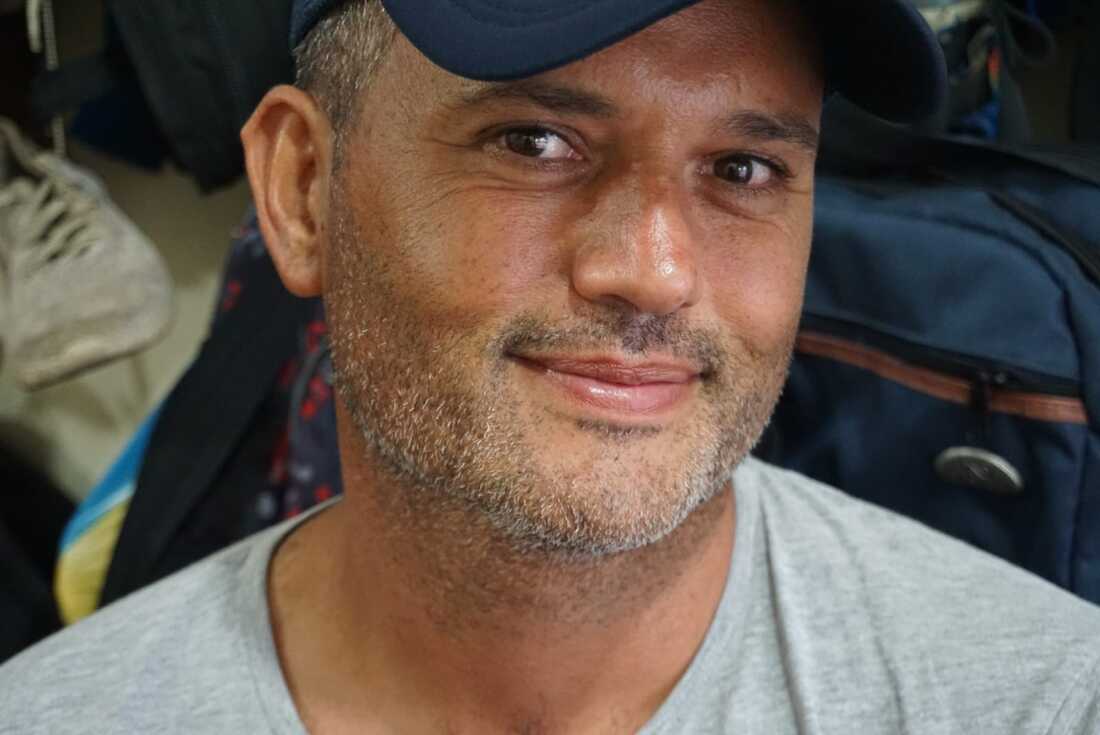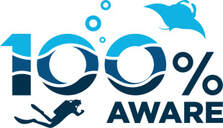 Diving with sharks can be a thrilling and exhilarating experience, but it is important to take necessary precautions to ensure your safety. Here are some science-based tips to help you dive safely with sharks:
www.EndemicDiveCenter.com Contact us : [email protected]
0 Comments
The diaphragm is a dome-shaped muscle located at the base of the lungs that plays a critical role in breathing. When the diaphragm contracts, it moves downward and creates negative pressure in the chest cavity, which allows air to enter the lungs. To improve diaphragm function, there are several exercises that can help to stretch and strengthen the muscle:
|
Jesse Dubois
Enviromentalist Freedive Coach INSTRUCTOR TRAINER Archives
February 2024
|

 RSS Feed
RSS Feed





